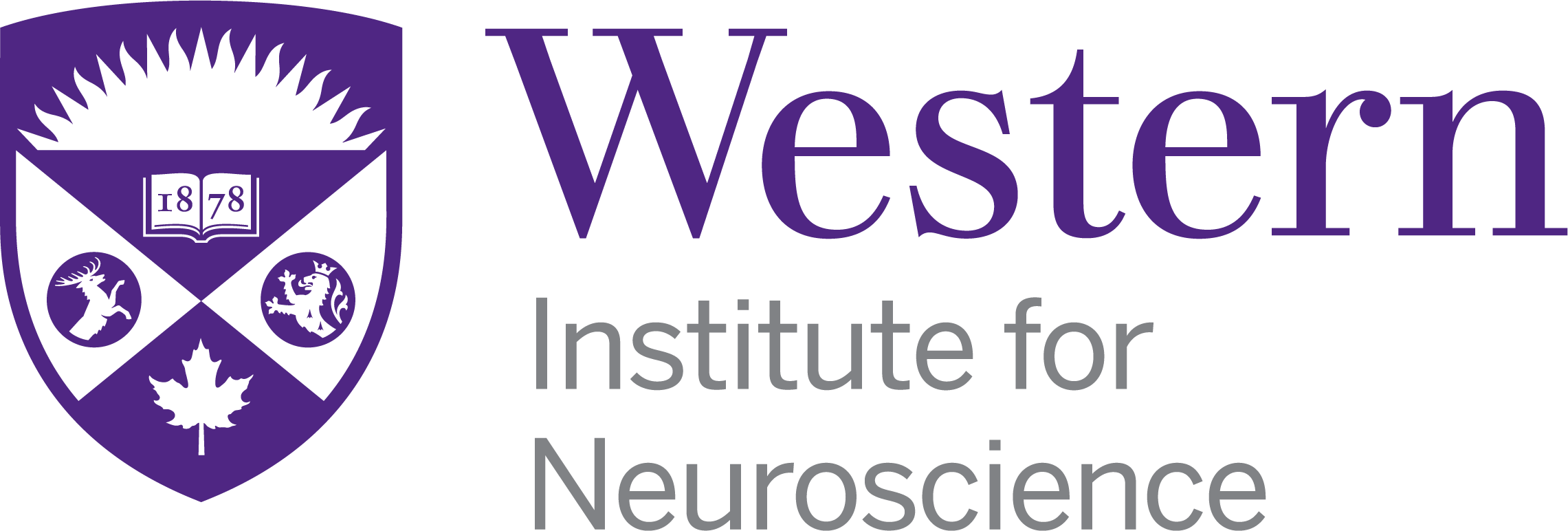Document Type
Article
Publication Date
1-1-2022
Journal
Current Research in Behavioral Sciences
Volume
3
URL with Digital Object Identifier
10.1016/j.crbeha.2022.100083
Abstract
Objectives: Chronotype impacts our state at a given time of day, however, chronotype is also heritable, trait-like, and varies systematically as a function of age and sex. However, only a handful of studies support a relationship between chronotype and trait-like cognitive abilities (i.e., intelligence), and the evidence is sparse and inconsistent between studies. Typically, studies have: (1) focused on limited subjective measures of chronotype, (2) focused on young adults only, and (3) have not considered sex differences. Here, using a combination of cognitive aptitude and ability testing, subjective chronotype, and objective actigraphy, we aimed to explore the relationship between trait-like cognitive abilities and chronotype. Design: Participants (N = 61; 44 females; age = 35.30 ± 18.04 years) completed the Horne-Ostberg Morningness-Eveningness Questionnaire (MEQ) to determine subjective chronotype and wore an activity monitor for 10 days to objectively assess bedtime, rise-time, total sleep time, inter-daily stability, intra-daily variability, and relative amplitude. Cognitive ability (e.g., Verbal, Reasoning and Short-Term Memory) testing took place at the completion of the study. Results: Higher MEQ scores (i.e., more morning) were associated with higher inter-daily stability scores. Superior verbal abilities were associated with later bedtimes, younger age, but paradoxically, higher (i.e., more morning) MEQ scores. Superior STM abilities were associated with younger age only. The relationships between chronotype and trait-like cognitive abilities were similar for both men and women and did not differ between younger and older adults. Conclusions: The present study demonstrates that chronotype, measured by the MEQ, is highly related to inter-daily stability (i.e., the strength of circadian synchronization). Furthermore, although evening types have superior verbal abilities overall, higher (i.e., more morning) MEQ scores were related to superior verbal abilities after controlling for “evening type” behaviours.

- Citations
- Citation Indexes: 3
- Usage
- Downloads: 71
- Abstract Views: 13
- Captures
- Readers: 27
- Mentions
- Blog Mentions: 1
- News Mentions: 16


